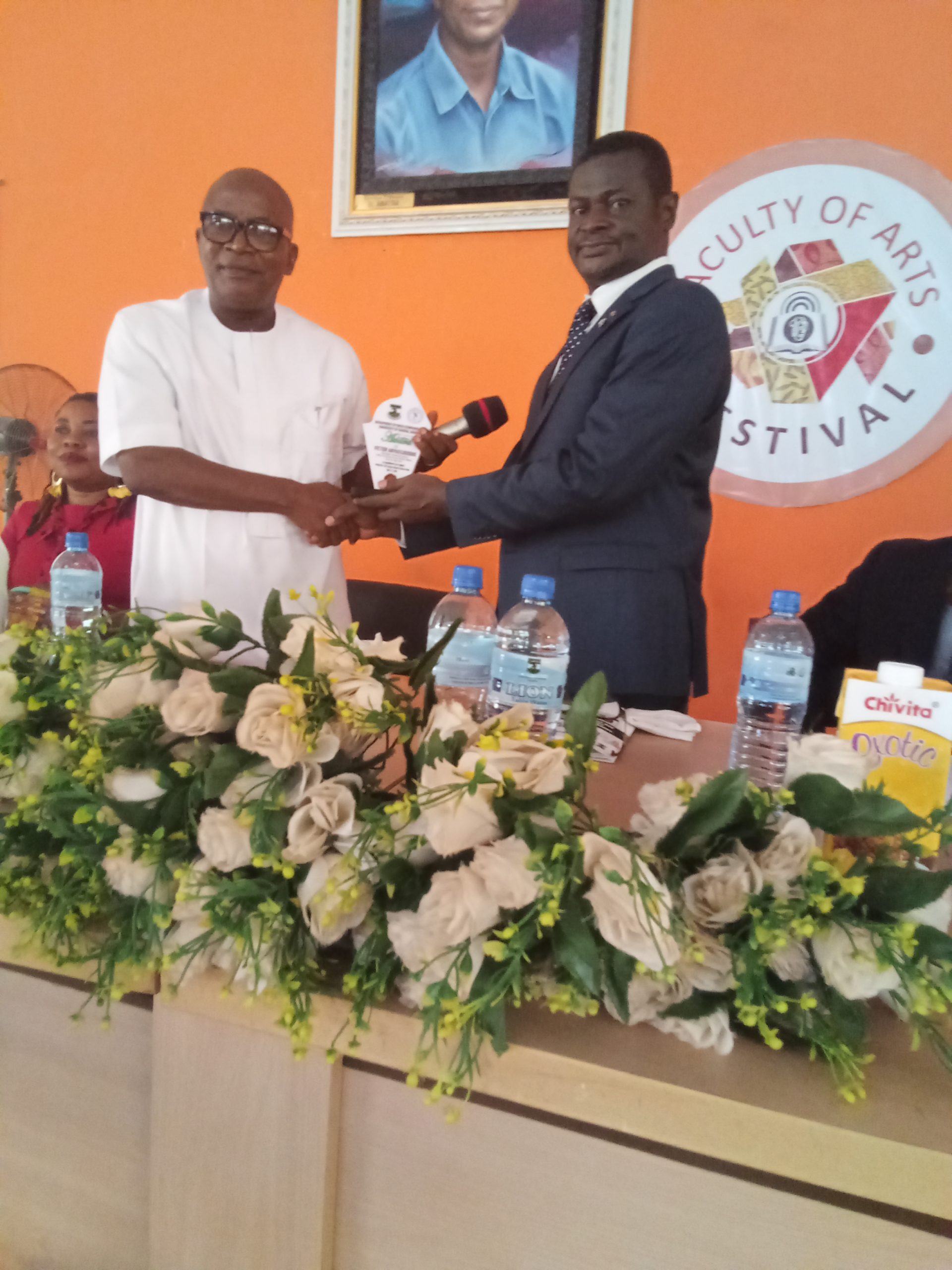Finance
FG orders forensic audit on NNPC, NIMASA, NPA, FIRS, 77 other Agencies

By Gbenga KOSOKO
LAGOS-THE National Economic Council (NEC) rose from its 65th meeting on Thursday in Abuja, with an approval to engage two audit firms to conduct forensic audit on 81 government revenue generating agencies.
The approval followed submission of an interim report by the ad hoc committee of NEC, chaired by Governor Adams Oshiomhole of Edo State, to review the management of the Excess Crude Account and remittances into the Federation Account.
 Governors of Jigawa, Alhaji Baderu Abubakar; Anambra, Willie Obiano; Lagos, Akinwumi Ambode; and the Minister of Budget and National Planning, Senator Udoma Udo Udoma, said this in their joint briefing to State House Correspondents.
Governors of Jigawa, Alhaji Baderu Abubakar; Anambra, Willie Obiano; Lagos, Akinwumi Ambode; and the Minister of Budget and National Planning, Senator Udoma Udo Udoma, said this in their joint briefing to State House Correspondents.
According to the Lagos governor, 18 core revenue generating agencies, such as NNPC, will be audited by KPMG, an international audit firm, while an indigenous firm, SIAO, will audit other non-core revenue generating agencies.
The governor said that NEC would take further action on the agencies after the firms had completed the forensic auditing.
The Jigawa governor said that the Accountant-General of the Federation reported to council that as at December 31, 2015, the Excess Crude Account stood at $2.26 billion.
The governor said that the Central Bank Governor, Mr Godwin Emefiele, informed the council of the standing of the bailout funds given to states.
He said that 23 states had benefitted from the N10 billion each, Excess Crude Account-backed soft loan, while a total of 28 states benefitted from the Presidential bail out for the payment of salaries and gratuities.
Obiano gave a report concerning some MDAs collecting revenue in foreign currency and remitting in local currency into the Federation Account.
Obiano said the permanent secretary, Finance, reported that besides NNPC, NIMASA and NPA, other agencies involved in such revenues were FIRS, Shippers Council, Airport Authority and Nigeria Immigration Service.
Obiano further said that the official reported that the introduction of the Treasury Single Account (TSA) had resolved the problem as all account was now under the CBN.
He also said that the Vice President, Prof. Yemi Osinbajo, who presided at the NEC, reiterated the Federal Government’s policy that NNPC and other agencies must present budget for approval before spending in line with the TSA.
Udoma hinted on the 2016 Budget focus of the administration, saying that plans were on to foster macro-economic stability conducive to the grow of the GDP at 4.2 per cent.
He said the budget’s objective was to deliver inclusive growth to Nigerians, create sufficient jobs and build an economy less vulnerable to oil price shocks.
According to Udoma, while government intends to ensure more revenue drive, it will not increase taxes, but strive to raise the collection of VAT from its 20 per cent level.
Banking
CBN Denies Currency Devaluation

The Central Bank of Nigeria (CBN) has refuted claims of devaluing the.
Earlier reports suggested that the CBN had devalued the Naira, lowering its exchange rate from N631 to the dollar, compared to the previous day’s rate of N461.60 at the Importers and Exporters (I&E) window.
However, the Central Bank of Nigeria (CBN) released a statement on Thursday through its Acting Head of Corporate Communications, Dr. Isa Abdulmumin, categorizing the report as false information.
In the statement titled ‘CBN Has Not Devalued The Naira’, he said the attention of the apex bank was drawn to the news report by an Abuja based newspaper edition of June 1, 2023, titled “CB Devalues Naira To 630/51”.
However, the CBN stated categorically that the news report was replete with outright FALSEHOODS and destabilizing innuendos, ‘reflecting potentially willful ignorance of the said medium as to the workings of the Nigerian Foreign Exchange Market.’
“For the avoidance of doubt, the exchange rate at the Investors’ & Exporters (I&E) window traded this morning (June 1, 2023) at N465/USS1 and has been stable around this rate for a while.
“The public is hereby advised to ignore the news report by Daily Trust in its entirety, as it is speculative and calculated at causing panic in the market,” the CBN spokesman added.
He, therefore, advised media practitioners to verify their facts from the Central Bank of Nigeria before publishing in order not to misinform the public.
Banking
BREAKING: CBN Increases Interest Rate By 0.5%

The interest rate in Nigeria has been raised to 18.5 percent, up by 0.5 percent, from 18 percent where it was pegged in March 2023.
The Central Banks of Nigeria’s (CBN) Monetary Policy Committee (MPC) resolved to this effect at its third meeting of 2023 in Abuja, on Wednesday.
Governor, CBN, Godwin Emefiele, made the disclosure in the communiqué of the MPC’s meeting, thereafter.
While engaging the media at the end of the two-day meeting, Emefiele, said the committee voted to keep the asymmetric corridor at +100 and -700 basis points around the MPR.
In the view of the MPC, rising inflation rate is traceable to the high energy cost and challenges around the supply chain, among others, which lie outside the corridors of the CBN.
Emefiele said, “The current trend in price development would continue to be monitored by the bank with greater collaboration with fiscal authority to address the drivers of inflation.”
Biztellers reports that the CBN had effected six consecutive interest rate increases, which has seen the rate move from 11.5 percent in March 2022 to 18.5 percent in May 2023.
Finance
Dangers Lurk As Nigerians Resort To Refurbished Gas Cylinders

In Nigeria, people have been forced to come up with creative solutions to cope with the effects of inflation and the economic crisis.
These improvised strategies have not only helped individuals save money, but also enabled them to stay afloat during difficult times.
In a concerning development, the recent trend of boycotting the high cost of cooking gas cylinders in Nigeria may pose a greater risk to lives than it does in terms of saving money.
Economy&Lifestyle investigations have revealed that the soaring prices of gas cylinders have reached a point where it has become increasingly challenging for average households to afford them, let alone refill them with gas.
The situation is further exacerbated by the fact that the pump price of kerosene, which would typically serve as an alternative, has become prohibitively expensive.
Upon investigation, it was found that the prices of gas cylinders vary depending on their sizes. A 3kg gas cylinder is priced at N14,000, while a 5kg cylinder costs N16,000. The larger cylinders are even more costly, with a 6kg cylinder priced at N17,000 and a 12.5kg cylinder costing N19,000.
Additionally, the expense continues when it comes to filling these cylinders with cooking gas, as it costs N2,600 for a 3kg cylinder, N5,200 for a 6kg cylinder, N8,950 for a 10.5kg cylinder, and N10,650 for a 12.5kg cylinder.
Consequently, an average household that needs to replace a worn-out 5kg cylinder would have to come up with N20,250 to purchase a new cylinder and fill it with gas, which can be a difficult feat to achieve.
As a result, many people have resorted to refurbishing their old cylinders and trying to use them as best as they can. However, this approach poses a significant danger.
Mrs. Rukayat Adesoji, a trader, shared her experience regarding her gas cylinder, which had become rusted and could no longer stand upright since last month. Due to the exorbitant prices of purchasing new cylinders, she resorted to seeking the assistance of a welder.
The welder patched the legs of the cylinder, repainted it, and ever since then, she has been using the refurbished cylinder for her cooking needs.
She said ““My gas cylinder which was 6kg got rusted and no longer stands erect since last month. When I asked for the price, I was told it was N17, 500. I was discussing it with a friend who advised me to take it to a welder to paint it and construct a new stand. I heeded to her advice and at the end spent just N3, 000 to turn my cooking gas to a brand new.”
Apart from refurbishing cylinders, some people don’t even know when their cylinders will expire. Mrs. Mercy Opara, a hair stylist, falls in that category as she explained: “I am taking my gas cylinder to the welder to spray it for me. It just cost N1, 500.
“The cost of buying a new cylinder is high. I have been using my cylinder for over 7 years and I don’t even know the expiry date. I just pray God blesses me so that I can buy a new one. But this one I am managing will look neat after spraying it for another two years.”
Mr. Adekanbi Joseph, a wielder, said he paints cylinder and “To paint and rebuild a cylinder stand, I charge N4, 500. Many people come here to paint as a new cylinder is now very expensive to get.”
Highlighting the potential dangers of using refurbished cylinders, Mr. Benjamin Hope, the Chief Executive Officer of FKT Cooking gas and general goods, emphasized the risks involved.
He stated that even a brand new cylinder can pose a risk of explosion if the locks are not properly secured after use or if the cylinder filled with gas is moved from one location to another.
He said “A brand new cylinder can explode if the locks are not well keyed after using and if the cylinder filled with gas was moved from one place.
“There are many reasons for the high cost of gas cylinders in Nigeria. One is the cost of importation due to the exchange rate. Another is the increased migration from the use of kerosene to cooking gas which has necessitated increased demand for gas cylinders. You know that in such a case there will be increased importation of cylinders.”he added


























